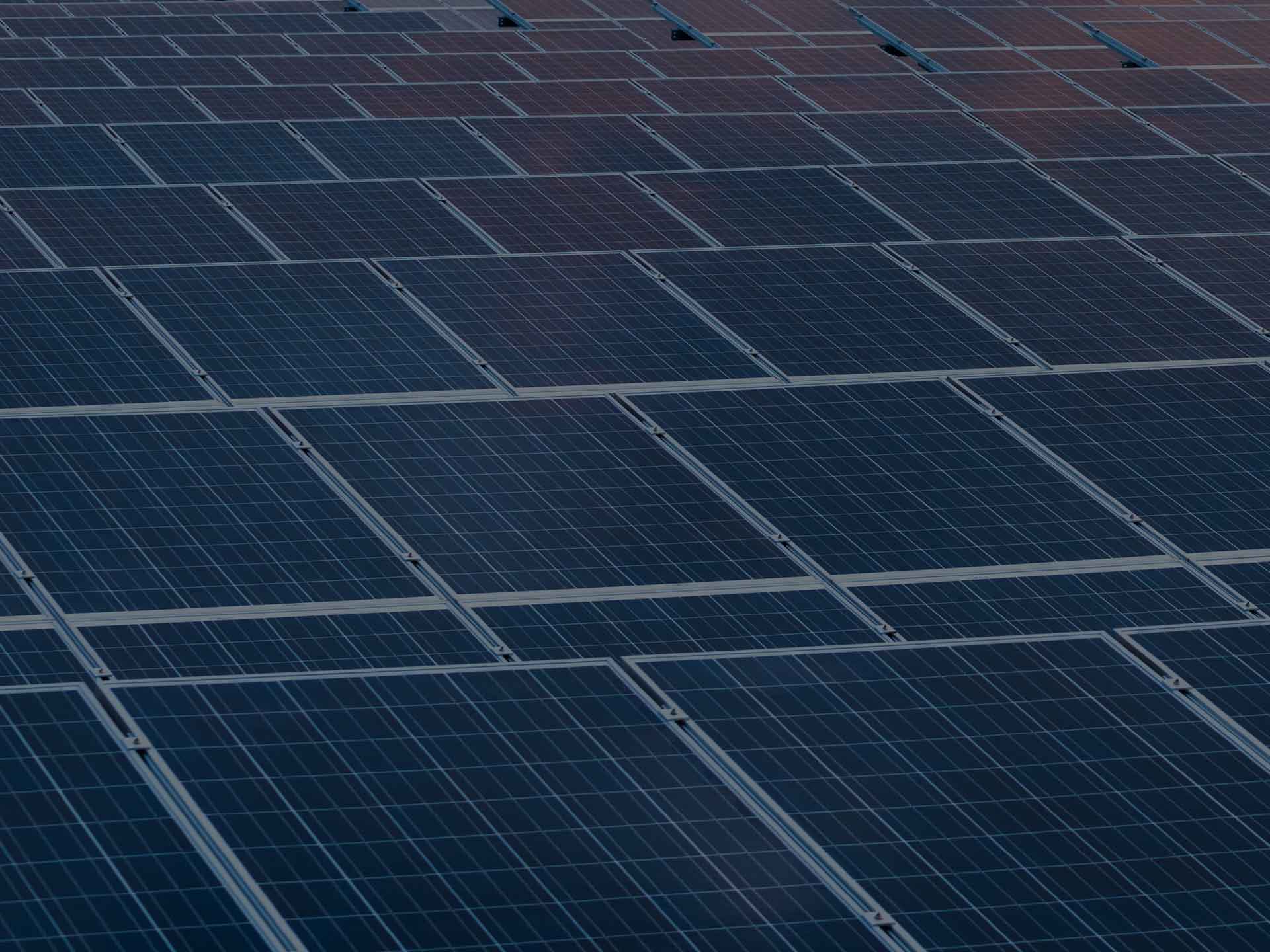Summary
The Photothermal absorption spectrometer for cost reduction in PV materials project will accelerate solar photovoltaic (PV) research by commercialising an ultra-sensitive tool to measure contamination levels of advanced PV materials.
Key results
This project produced the AURA Photothermal Deflection Spectrometer (PDS) which is more sensitive than any other commercial instrument for measuring optical absorption for improving PV materials. The AURA PDS will enable PVlabs, manufacturers and researchers to identify and address efficiency limiting defects in solar cell materials. AURA PDS came into the market in late 2021 and from a commercialisation perspective it has achieved initial sales success and generated interest within the PV industry.
Learn more
Need
The Photothermal absorption spectrometer for cost reduction in PV materials project acknowledges that eliminating defects in PV materials is critical for high-efficiency devices and therefore a low cost per watt. Existing techniques to detect non-radiative defects either require very restrictive sample requirements or suffer from poor sensitivity.
Emerging thin-film PV materials, such as CZTS and perovskites, are most affected by these limitations. Often researchers are unable to measure the optical absorption fingerprint that contains critical information, such as sub-bandgap contaminants and Urbach tails. A correct measurement would require commercially available instruments to be about 100x more sensitive.
Action
We have built a Photothermal Deflection Spectrometer (PDS) that measures optical absorption with 100x to 1000x higher sensitivity than commercial systems, enabling PV labs and manufacturers to finally identify and address efficiency-limiting defects. The contactless nature of our instrument means it can be applied end-to-end across the entire PV value chain.
At a research level, our lab prototype has become a necessity for the perovskite and CZTS groups at UNSW. An early industrial prototype was completed in 2018.
Outcome
The Photothermal absorption spectrometer for cost reduction in PV materials project aims to:
- build a demonstration unit for customer demonstrations, limited measurement service and to gain practical experience from our design
- conduct a market analysis to determine global distribution, markets and early customers
- target first sales to early adopters.
Additional impact
We envision that PDS could become a standard tool in every PV research institute and quality assurance laboratory around the world, and thus accelerate further reduction in the cost per watt. With keeping the manufacturing in Australia, we hope to contribute positively to the Australian economy.




